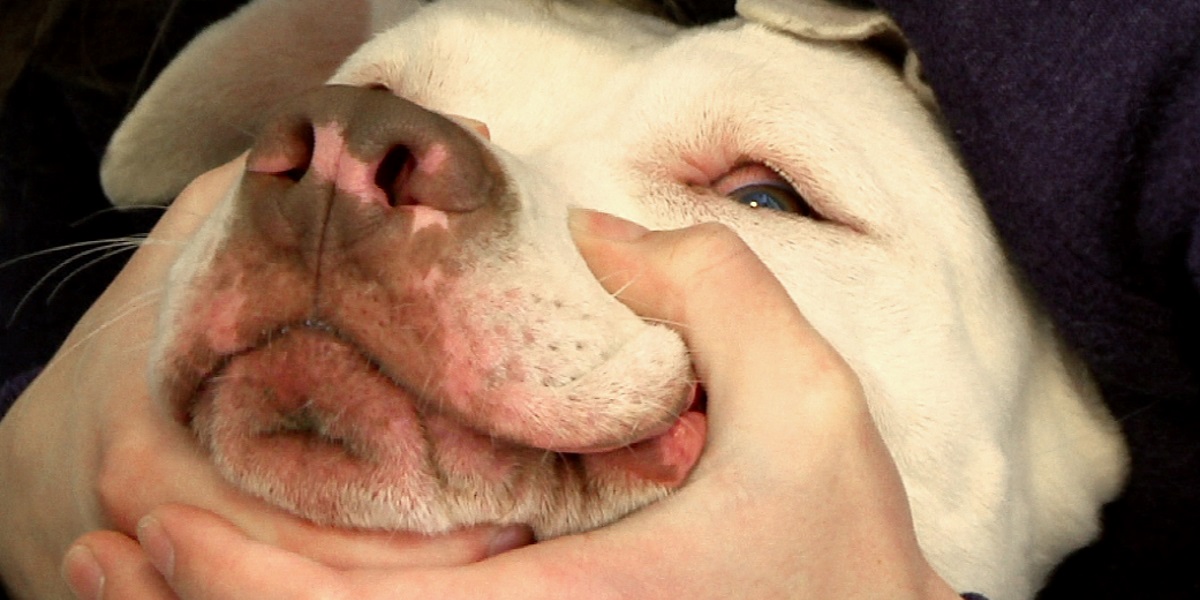Dogs In Flint, Michigan, Also Get Tested For Lead Toxicity

Mike Householder / Associated Press
Humans aren’t the only victims of the water crisis in Flint, Michigan, as pets also may have been exposed to the toxic lead. An effort coordinated by Michigan State University is now helping dogs get tested.
The school’s College of Veterinary Medicine has hosted screening events with professors, students and technicians volunteering to draw blood from dogs. State veterinarian James Averill said 266 dogs have been tested so far, with seven documented cases of lead toxicity.
“I thought the water was OK, and I was giving it to my dogs,” said Katie Jobe, a Flint resident who brought Missy and Molly in for testing after discovering spots on Missy’s hindquarters.
Flint is under a state of emergency after the city, under state management, switched to using the Flint River but failed to add the proper chemical treatment. Lead from old pipes leached into the water, and people — and pets — were exposed for months before the emergency declaration was made in October.
“The major focus so far has been on human health, and rightfully so,” Michigan State assistant professor Daniel Langlois said while overseeing a recent screening clinic at a Flint church. “But at the same time, there are a lot of pets that live in the city of Flint, and we just wanted to make sure their health wasn’t ignored.”
Lead can cause developmental delays, learning disabilities and health problems in children. Averill said the effects are similar in animals.
“When you start getting further, longer-term exposure to high levels of lead, then you might start seeing neurologic or brain changes. You could get seizures,” he said.
Averill said owners in Flint should make sure their pets drink only filtered or bottled water, and keep toilet lids closed. If they suspect a problem, they should seek veterinary care and testing.
Dogs could show lead toxicity in different ways. For a symptom like diarrhea, veterinarians might not do much, but for more severe effects, they could consider aggressive remedies like injections of substances to bind up or remove the lead. But Averill cautioned that aggressive remedies can come with harmful side effects.
Other pets also could have lead-related issues, but the focus of the public clinic testing is on dogs. Averill said the effect on cats is a concern, but testing them can be difficult. Bringing cats into an unfamiliar setting with dogs around puts owners and volunteers at risk for being scratched and having the cats run away, Averill said.
Greg Howe had no such difficulty when he brought in his Siberian husky to “make sure she ain’t poisoned like the rest of the city of Flint is.” Patting Diamond, Howe said: “I hope she lives a long, healthy life.”
9(MDAxODM0MDY4MDEyMTY4NDA3MzI3YjkzMw004))





